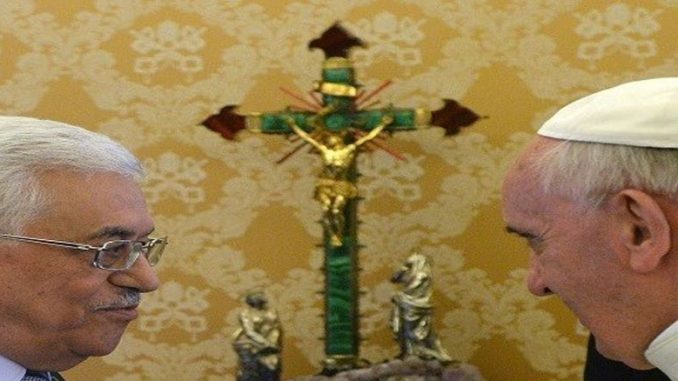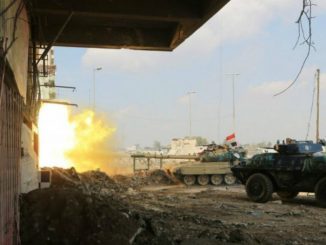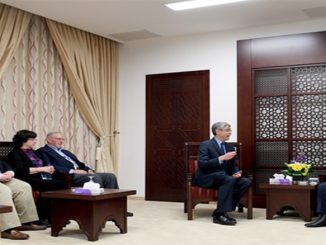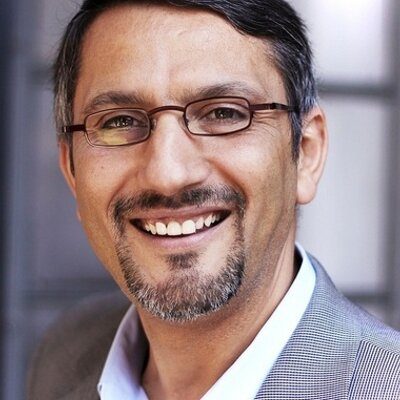
The inauguration of the first Palestinian Embassy in the Vatican city will take place on Saturday January 14, and will be attended by Palestinian President Mahmoud Abbas and Pope Francis, according to a statement from a spokesperson for the Palestine Liberation Organization (PLO).
According to the statement, Abbas’ tour began on Wednesday and will conclude on either Sunday or Monday. In addition to meeting with the Pope for the embassy’s inauguration on Friday, Abbas will also meet with Italian Prime Minister Paolo Gentiloni, and travel to Paris to meet with French President Francois Hollande.
According to the Palestinian Minister of Foreign Affairs Riyad al-Malki, Abbas will discuss in his meetings the risks of the US government’s intention to move the US embassy to Jerusalem, “hoping that the Pope will participate in sending a strong message” President-elect Trump.
Abbas’ meeting with Hollande is set to take place on either Sunday or Monday, while the Paris peace conference will be held on Sunday without the participation of Israeli and Palestinian representatives.
Some 70 countries will reportedly participate in the conference, with a goal to hold a direct meeting between Israeli and Palestinian leaders on the sidelines after conclusion of the conference.
Palestinian Prime Minister Rami Hamdallah demanded in a meeting on Wednesday with Norwegian Minister of Foreign Affairs Borge Brende that the international community to take a firm stand against the US plans to move the embassy to Jerusalem, warning of an “explosion in the security situation” in Israel and the occupied Palestinian territory.
Hamdallah also demanded that Norway insert pressure on Israel to commit to the recent UNSC resolution demanding an end to illegal Israeli settlement activity in occupied Palestinian territory.
Hamdallah also discussed with Brenda ways to make the Paris peace conference successful and have positive outcomes “that would return the political process on its right track again into saving the two-states solution.”
The most recent spate of negotiations led by the US collapsed in April 2014, as all past efforts towards peace negotiations have also failed to end the decades-long Israeli military occupation or bring Palestinians closer to an independent contiguous state.
Israel claimed the process failed because the Palestinians refused to accept a US framework document outlining the way forward, while Palestinians pointed to Israel’s ongoing settlement building and the government’s refusal to release veteran prisoners.
While the goal of the upcoming summit would be to revive the peace process on the basis of achieving a two-state solution, Palestinians say the prospect of such a reality has become ever ever dimmer, amid a surge in illegal Israeli settlement construction that has now obtained the stamp of approval of US President-elect Donald Trump.
While members of the international community have rested the solution to the Israeli-Palestinian conflict on the discontinuation of illegal Israeli settlements and the establishment of a two-state solution, Israeli leaders have instead shifted further to the right.
A number of Palestinian activists have criticized the two-state solution as unsustainable and unlikely to bring durable peace, proposing instead a binational state with equal rights for Israelis and Palestinians.



